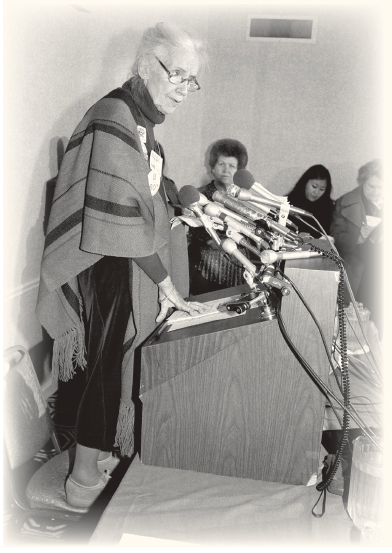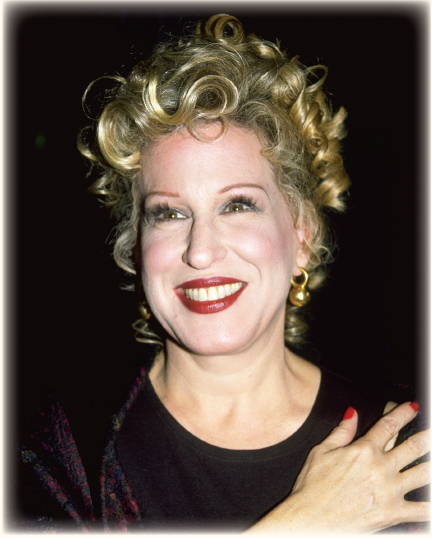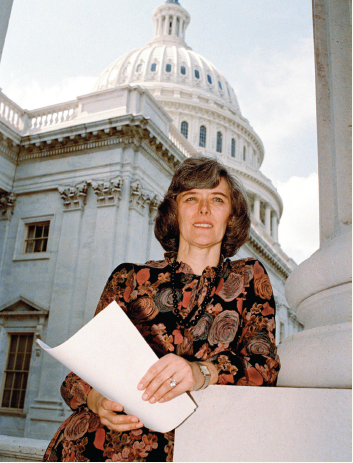

Jeanne M. Holm is the first woman in the U.S. Air Force to be promoted to brigadier general. Two years later, she becomes the first woman major general in all of the armed forces.

Social activist Maggie Kuhn founds the Gray Panthers, a nonprofit organization that works for the rights and welfare of the elderly.

Singer and entertainer Bette Midler releases her first record album, The Divine Miss M, which quickly goes gold, having sold a million copies.

Writer Maya Angelou is the first African American woman to have a feature film developed from her work, the screenplay and musical score Georgia, Georgia. She says: “How important it is for us to recognize and celebrate our heroes and she-roes!”

Patricia Schroeder is elected to Congress and arrives in Washington, D.C., with small children. She serves for twenty-four years and earns a reputation as a leader on many critical social issues. Near the end of her congressional tenure, she sees the Family and Medical Leave Act and the National Institutes of Health Revitalization Act through to becoming law. Her book about her years in Congress is titled 24 Years of House Work . . and the Place Is Still a Mess: My Life in Politics. Her classic comment about her gender is “I have a brain and a uterus and I use both.”

Reporter Linda Ellerbee lands her first TV news position in Dallas. The president of her own production company, she has served as a network news correspondent, anchor, writer, and producer. “And so it goes” is her trademark tag line.

Sculptor Eva Hesse is the first woman to have a retrospective exhibit of her work at the Guggenheim Museum, two years after her death.

Broadcast journalist Susan Stamberg is the first woman news anchor on a major network’s national nightly news program when she begins fourteen years as the co-host of National Public Radio’s highly respected newsmagazine All Things Considered.